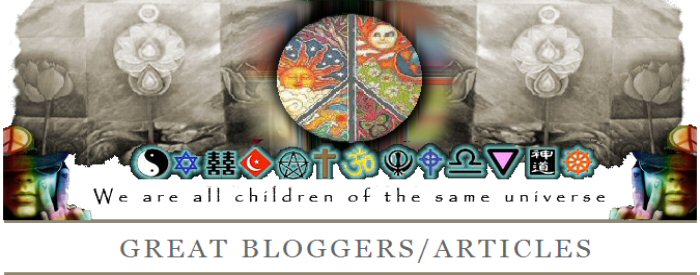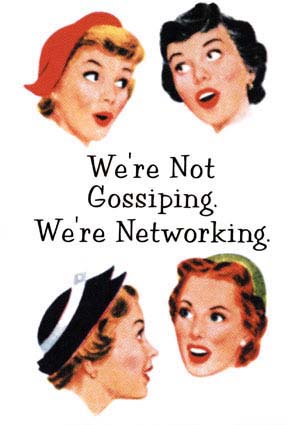
Laughter Therapy
Once, a friend told me the following story: There was a person diagnosed with an incurable disease, who was given only a little while to live. He decided that if he was going to die so soon, he might as well have as good a time as he could until the end arrived. So he made a point of gathering around him all sorts of comedy movies, and began to watch reel after reel, a movie a night, sometimes more, determined to laugh all the way to the grave and to fill his last nights with enjoyment and pleasure, rather than fear and misery. Somehow, my friend told me, the laughter broke the back of the doom, changed something inside the man, carried off the pain and hopelessness, the heaviness and stress, lifted the energy of death off of him; somehow, the laughter lightened up his soul and cleansed his body, allowed life to have a second chance inside of him...
He shook, he cried, he howled, till he was healed by his new doctors: Charlie Chaplin, Buster Keaton, Harold Lloyd, and Laurel and Hardy…

While "laughter therapy" is never recommended as a substitute for "proper medical treatment", it surely is a welcome addition to our tool kit of personal health resources. More and more, the interrelatedness of physical health and mental states is becoming documented and accepted by the modern medical establishment which once dismissed the wisdom of ancient cultures that always understood the connection between the body and the soul; between the flesh and the spirit. Within this rediscovered paradigm, laughter is now becoming increasingly recognized as a tremendous stress-reducer and as a restorer of the human life-force: as a power that can break us free of the grip of defeatism, anxiety and depression, which suppress the human immune system and breed illness; as a power that can stop the momentum of diseases that take advantage of our down-states and unrelieved gravity, and which can therefore tip the scales of health back in our favor...

In my own life, I’ve learned the value of a sense of humor, and the value of a good laugh. I’m quite sure they’ve literally saved my life. When a wounded man, when an overburdened man, dares to remain faithful to the beauty of life which persists even in the midst of sorrows and absurdity, and when he dares to express this faith with a laugh, the grim reaper stands back. The chi of humor puts balance back into the fading body; the falling soul is caught. With a sense of humor, well-exercised and well-fed, the body remains buoyant, it floats in the dark water of life’s disappointments, and does not sink. The heaviness does not congeal into illness, or persist as illness, because the sense of humor has carried it away...

Fully believing in the value of laughter therapy, I implore you all to counter that part of your sorrow which is unbearable (beyond that part that is necessary as the bringer of depth and wisdom), with humor; to seek out movies, books, comedy shows, and people who can help you to enjoy life, and to have a good time again...
excerpts from:rainsnow. org
_______________________________
________________________










